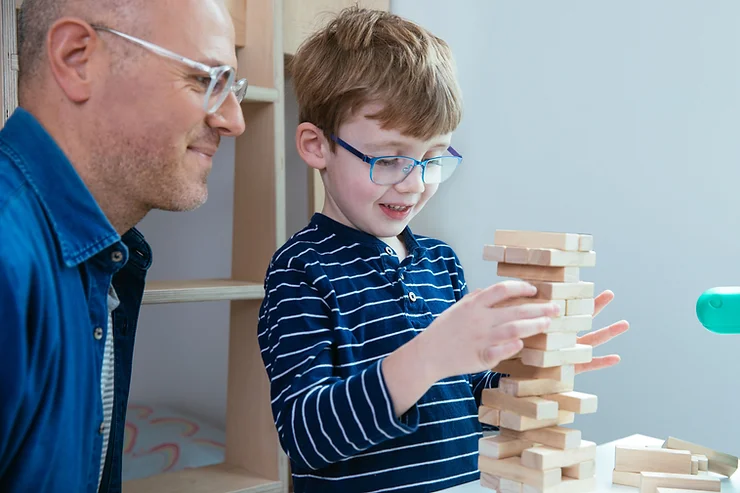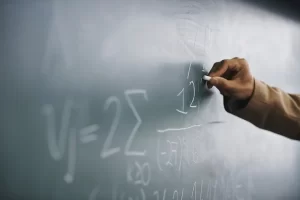What is Intentional Parenting and how does it differ from traditional parenting?
Intentional parenting relies on brain science to provide ways to stay present & involved with your child. It’s an approach to developing safe, stable, and nurturing parent-child relationships. It means having a plan, prioritizing where you put your time and energy. Those priorities then guide your day-to-day decision-making and what commitments you make. To be an intentional parent means recognizing that time with our kids is precious and limited, and that there is a long-lasting impact to how we decide to use that time.
And finally, it’s educational and instructional. It places the parent in a position of authority to guide the child through their life, provide them with learning opportunities, and help cultivate meaningful relationships in their lives.
Benefits of Intentional Parenting
The benefits of intentional parenting are many. Here are just a few that we find to be particularly noteworthy:
- Grow strong social and emotional skills in children
- Increase confidence and independence
- Build a trusting and respectful parent-child relationship
- Increased academic achievement
- Improved social relationships
Tips for practicing Intentional Parenting
Be Present
Put your phone or other distractions away and have uninterrupted, non-distracted time with your child. This communicates to your child that they are important and worth receiving your time and attention. This simple act not only increases their sense of safety and confidence but also models how to connect with other people in their lives. This does not need to be your entire day. In fact, it is helpful to give your child time to play independently while you work. Make sure you are clear with your communication, “I am going to finish my emails and then we can go swimming.”
Allow your child opportunities to find their own way
As parents we often want to shelter our children from any type of disappointment, failure, or frustration. We want to make things as easy as we can for them. And although coming from a good place, this does not help our children to learn, grow, and succeed in the real world. We need to let them fail at simple things when they are young so they know how to problem-solve. It can be challenging, but allow yourself to take a step back when they attempt something new so they can work through it on their own, try things and see what works and what doesn’t.
Be consistent & predictable
Boundaries help your child know that they are safe and loved. These boundaries should be firm but fair. Do your best to stick to the boundaries you have set so they know what to expect. If you begin to give in on certain things, kids will learn that the boundary only sometimes exists. This prompts them to try and try and try again to push past that boundary, knowing that sometimes their attempts work.












